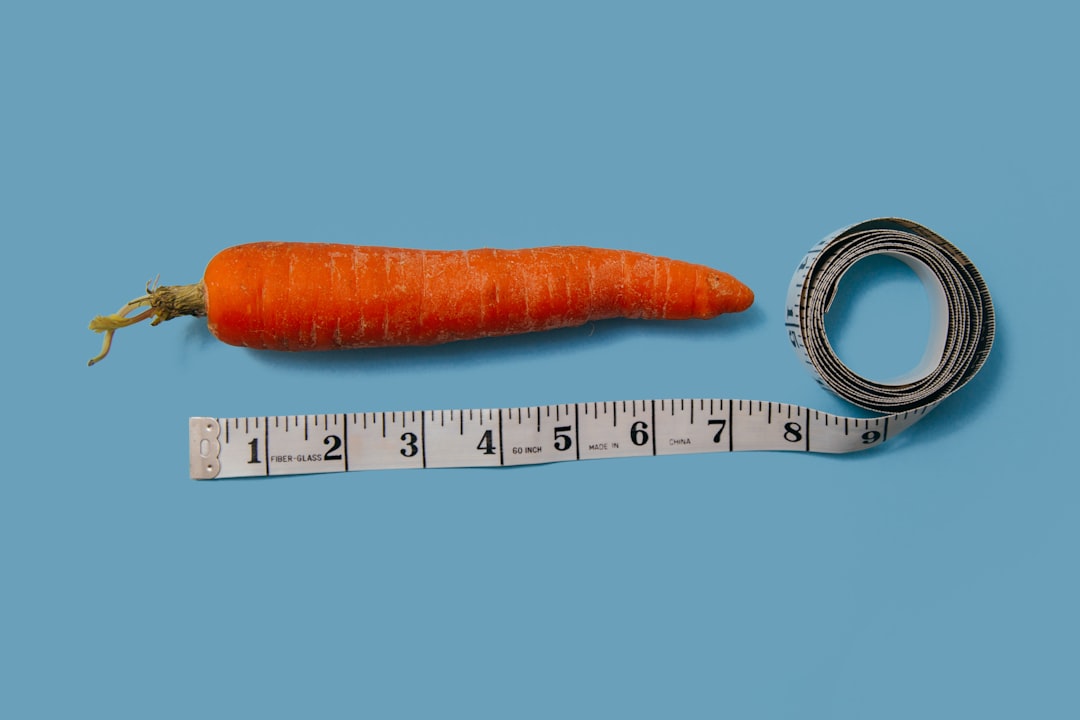What is it about?
I argue that Kobus Marais constantly works at cross-purposes: he wants to promote the study of multimedia translation, and to that end attacks everyone currently studying multimedia translation for doing it wrong; he attacks binary thinking and is continually setting up cheap binaries between the right and the wrong way of doing things; he has a deep and abiding antipathy toward what he takes to be "idealist" and "constructivist" thought, but knows too little about philosophy to realize the extent to which he relies on the very thought that he attacks.
Featured Image

Photo by Robert Zunikoff on Unsplash
Why is it important?
The review is timelier than most, as I promised to do it while Kobus was still putting the finishing touches on the book, and read the preprint before publication, so that the review appeared almost simultaneously with the book.
Perspectives
I agree with most of what Kobus Marais is trying to do, and always hope he will make the strongest possible case--and am always disappointed and frustrated when he shoots himself in the foot and limps off the field cursing all the idiots who (he thinks) got things wrong.
Professor Douglas J. Robinson
Chinese University of Hong Kong, Shenzhen
Read the Original
This page is a summary of: A (bio)semiotic theory of translation: the emergence of social-cultural reality, The Translator, January 2019, Taylor & Francis,
DOI: 10.1080/13556509.2019.1567905.
You can read the full text:
Contributors
The following have contributed to this page










